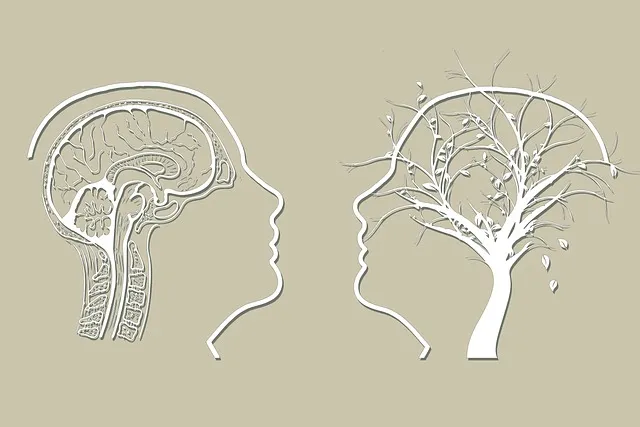Understanding trauma is crucial for developing effective support services, as highlighted by Kaiser Permanente's pioneering training programs in Colorado Springs. These comprehensive initiatives address both physical and mental health aspects, offering tailored education for emotional healing, mood management, and positive thinking. By integrating advanced therapeutic techniques and evidence-based practices, the programs create safe spaces that empower individuals to navigate traumatic events, build resilience, and enhance their quality of life. This holistic approach sets a new standard for enhanced community mental health support.
“In today’s complex healthcare landscape, trauma support services are more critical than ever. This article explores the profound impact of trauma and its implications for patient care, with a focus on innovative solutions. We delve into ‘Understanding Trauma and Its Impact’ as a foundational step towards effective support. Subsequently, we highlight the successful implementation of Kaiser Permanente training programs in Colorado Springs, an approach that promises to revolutionize trauma care. Lastly, we provide strategic insights for organizations aiming to adopt and excel in trauma support services.”
- Understanding Trauma and Its Impact: A Foundation for Support Services
- Kaiser Permanente Training Programs in Colorado Springs: An Innovative Approach
- Implementing Effective Trauma Support Services: Strategies for Success
Understanding Trauma and Its Impact: A Foundation for Support Services

Understanding trauma is a critical foundation for developing effective support services. Trauma, defined as a deeply distressing or disturbing experience, can have profound and lasting effects on an individual’s mental and physical well-being. The impact of trauma varies widely, affecting emotions, behaviors, and even physiological functions. This complexity necessitates a multifaceted approach to support, such as those offered through Kaiser Permanente training programs in Colorado Springs.
Services designed to address trauma must recognize that healing is a unique journey for each person. Incorporating emotional healing processes, mood management techniques, and promoting positive thinking can significantly contribute to an individual’s recovery. By fostering safe spaces and empowering individuals with coping strategies, support services play a pivotal role in helping people navigate the aftermath of traumatic events, ultimately enhancing their resilience and quality of life.
Kaiser Permanente Training Programs in Colorado Springs: An Innovative Approach

Kaiser Permanente Training Programs in Colorado Springs are an innovative approach to trauma support services. These programs focus on both physical and mental health aspects, offering comprehensive care for individuals dealing with traumatic experiences. The organization has designed Mental Health Education Programs that cater to various needs, including emotional healing processes and mood management.
Through these training initiatives, Kaiser Permanente aims to equip individuals with the knowledge and skills required to navigate their trauma journeys effectively. By integrating advanced therapeutic techniques and evidence-based practices, these programs foster a holistic environment where participants can explore and heal from their past traumas. The innovative design of these training programs in Colorado Springs sets a benchmark for enhancing mental health support within communities, ultimately contributing to improved well-being and resilience.
Implementing Effective Trauma Support Services: Strategies for Success

Implementing effective trauma support services requires a multifaceted approach that goes beyond traditional care models. Organizations like Kaiser Permanente training programs in Colorado Springs are at the forefront of this initiative, focusing on strategies that empower both professionals and individuals affected by trauma. One key area is fostering emotional intelligence—helping individuals recognize, understand, and manage their emotions effectively. This not only benefits those seeking support but also creates a safer, more supportive environment for everyone within the organization.
Furthermore, integrating conflict resolution techniques into these programs proves invaluable. By teaching individuals how to navigate and de-escalate conflicts, trauma support services can address potential triggers and promote healthier interactions. Stress management workshops, another essential component, equip participants with practical tools to cope with daily stressors, preventing them from becoming overwhelming. These comprehensive approaches ensure that Kaiser Permanente’s training programs in Colorado Springs offer sustainable solutions for trauma support, fostering resilience and recovery among those who need it most.
In conclusion, trauma support services are essential components of modern healthcare, as highlighted by innovative initiatives like the Kaiser Permanente training programs in Colorado Springs. By understanding the far-reaching impact of trauma and implementing effective strategies, we can create environments that foster healing and recovery. The strategies discussed in this article provide a roadmap for organizations to enhance their trauma support services, ensuring better outcomes for those who have experienced traumatic events. The Kaiser Permanente model serves as a compelling example of how structured training programs can revolutionize care delivery and positively impact communities.






